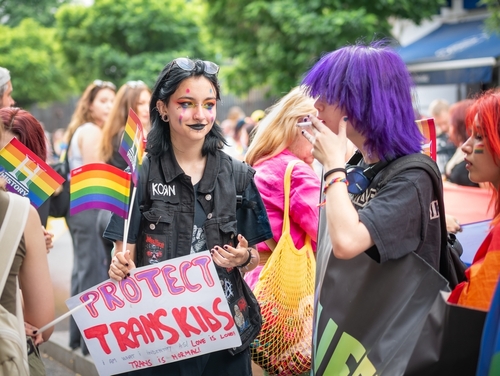
In the charming state of Massachusetts, an event designed to foster inclusivity and offer a welcoming space for storytelling took an unexpected political turn. A queer story hour, led by a drag queen, moved beyond its advertised agenda of promoting diversity and literacy.
Instead, it ventured into a realm that has raised eyebrows amongst conservatives: involving young attendees in a chant for "Free Palestine." This occurrence has sparked a fiery discussion regarding what is deemed appropriate for children's events, questioning the balance between activism and education.
Drag queen orders children to chant 'Free Palestine' during queer story hour at Massachusetts arts center
If you tried to write a fake headline to demonstrate the left’s insanity, you still wouldn’t come up with this. https://t.co/5DA39hyZtA
— John Cardillo (@johncardillo) April 25, 2024
Queer story hours, in essence, are meant to serve as a bridge – expanding understanding and acceptance through stories and characters that resonate with or reflect the lives of the LGBTQ+ community. However, the insertion of a politically charged slogan into this narrative departs significantly from the expected script. It suggests an overlap between early childhood education and political activism that many find concerning.
Critics argue that the introduction of complex geopolitical issues to children, who attended with the intention of simply enjoying a tale or two, may not only confuse them but also inadvertently rope them into a conflict they neither understand nor are prepared to comprehend. At this formative age, the focus, as some suggest, should primarily be on universal values of kindness, acceptance, and friendship, rather than the heavy politics of international relations.
The left’s support of Palestine really tells me all I need to know about where I want stand on this conflict.
Drag queen orders children to chant 'Free Palestine' during queer story hour at Massachusetts arts center https://t.co/9BqwCmPgNx #FoxNews
— Belinda (@Cobeekat) April 25, 2024
The controversy further lies in the choice of platform. A reading event, regarded as neutral ground, becomes contentious when used as a stage for political messaging. This raises important questions about the objectivity of spaces meant for educational purposes and whether there should be clearer boundaries to prevent potential ideological indoctrination.
Moreover, this incident has prompted discussions about parental rights and consent. Parents, some argue, should have the autonomy to introduce their children to political discourse at their own discretion and on their terms. The unexpected pivot to a political chant left little room for such parental oversight, blindsiding families who were unprepared for this content.
Another angle of concern is the precedent this sets for future events within educational or child-centric settings. If political slogans become commonplace in such environments, does it threaten the impartiality expected of public spaces dedicated to learning and development? It's a slippery slope that many fear could lead to more polarized communities, starting from an increasingly younger age.
From a conservative perspective, this event underscores a misstep in recognizing the distinction between advocacy for inclusivity and overstepping into political advocacy in inappropriate forums. While advocating for social justice and raising awareness on international issues is valuable, there is a time and place for such discussions, ideally suited to audiences equipped to engage with and critically analyze such themes.
In conclusion, the featuring of a political chant during a queer story hour in Massachusetts has illuminated a divisive intersection between child-oriented programming and political activism. As a society, the ongoing debate reflects a deeper quest for balance – ensuring that while we strive for inclusivity and understanding, we also preserve the innocence of childhood and respect for parental guidance.
What are YOUR thoughts on?
We want to hear from you! Please comment below to join the discussion.


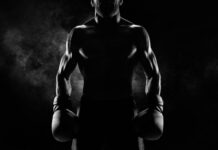



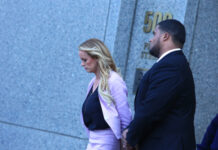
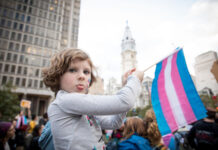
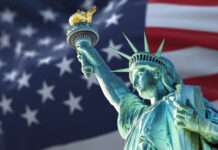




“Free the children”, free the chilren” from being dragged into something the will later regret.
Bernard Shaw said it best: “False knowledge is worse than ingnorance.”
Maybe that man in makeup should go to Palestine so he could be thrown off the top of a roof. These people are so stupid to support people who would kill them.